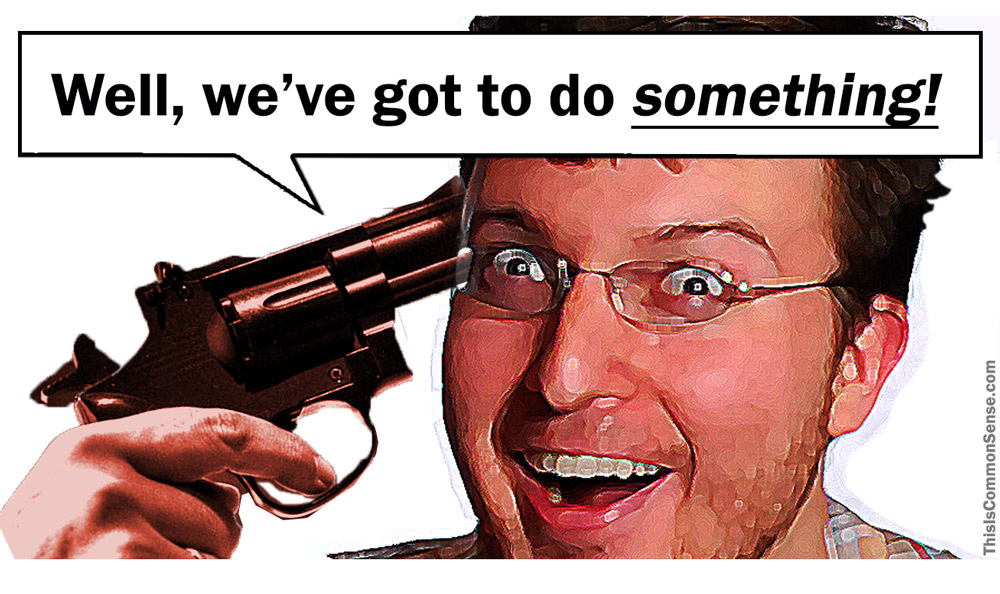We are social animals. We need human interaction, not just interaction with our “screens.”
So, no wonder suicide is a rising problem during the lockdowns.
Jon Miltimore, writing at FEE, focuses on one country known for its suicide-tolerant culture: Japan. “Suicide Claimed More Lives in October Than 10 Months of COVID-19 in Japan, Report Shows.” Though the island nation had seen lowering levels of suicides for years, the lockdowns to prevent the spread of the Wuhan contagion have apparently reversed the trend.
“The 2,153 suicides reported last month are about 600 more than the previous year, CBS reports, with the largest gains coming in women, who saw an 80 percent surge in suicide,” Miltimore informs.
Though these United States do not publish timely stats, reports from specific locales suggest that suicide is rising in America, too.
And this is not surprising.
If one were to “follow the science” — or sciences, in this case sociology, social psychology, etc. — one would have predicted such an effect. The “social distancing” model for pandemic mitigation is the perfect recipe for inducing suicidal ideations in social animals like ourselves.
Most at-risk are those with depression problems already, orother social trauma — or “merely” have trouble making friends. Government-mandated distancing just makes it harder for those who really need to make connections, but have trouble doing so.
Add on the holidays — a traditional time for familial bonding and social conviviality, but really tough for those alienated from same — and we are in for a bumpy sociality crisis.
Lockdowns are anti-social. This holiday season, reasonable, usually-healthy people might want to reach out, repeatedly (if only “virtually”), to those who need what many states now prohibit: human contact.
For humanity’s sake. For our friends’ sake.
This is Common Sense. Paul Jacob.
See all recent commentary
(simplified and organized)
See recent popular posts


